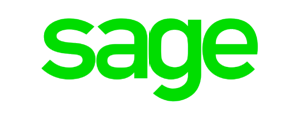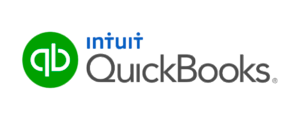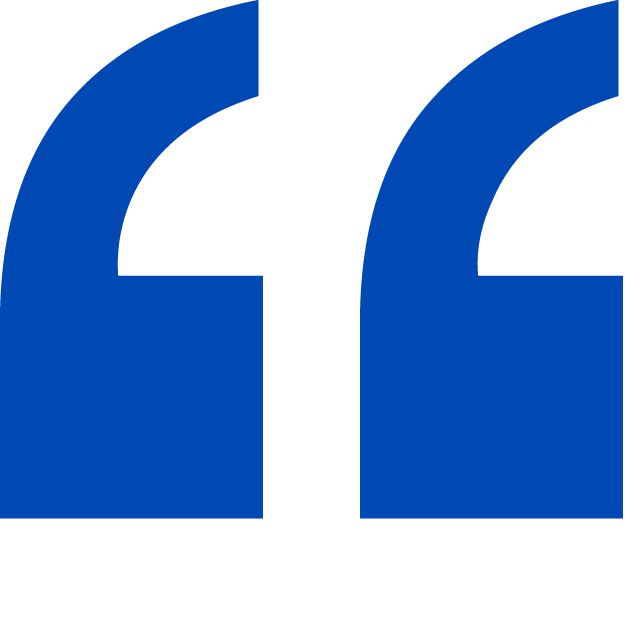Regular, reliable transfers from your customers’ bank accounts to yours are the lifeblood of your business.
Issuing invoices, keeping track of payments and monitoring cash flow are integral to operations and essential to long-term survival.
But if client payments are proving to be anything but regular and reliable, recurring invoices could be your saviour.
Here we explore how adopting them within your business model can help to unlock growth-fuelling efficiency and cash savings.
What are Recurring Invoices?
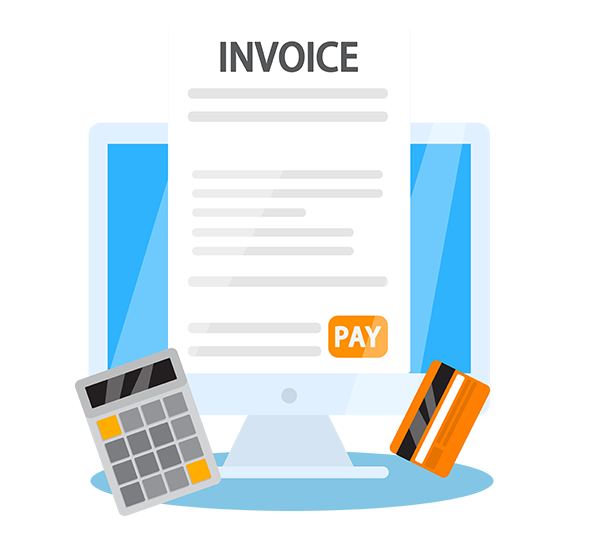 A recurring invoice is an invoice sent to a specific client at regular intervals. Usually issued monthly, they request a previously agreed amount for goods supplied or services rendered.
A recurring invoice is an invoice sent to a specific client at regular intervals. Usually issued monthly, they request a previously agreed amount for goods supplied or services rendered.
And because this process can be automated, they can be sent with minimal admin input, saving both time and money.
Once you have permission from a customer to use recurring invoices, you can quickly and easily charge them on a regular basis. This arrangement will continue until an agreed end date or if the customer withdraws their permission.
But recurring invoices aren’t suitable for every business. Read on to discover whether they could be the perfect fit for yours.
Are Recurring Invoices Right for Your Business?
If your business generally makes one-off or irregular sales to customers, then recurring invoices unfortunately won’t work.
If you sell products or services to the same client at regular intervals, they’re perfect.
Here are some examples of businesses ideally suited to the mechanic:
- Service-based businesses that charge for a fixed number of hours’ work each month, e.g. landscape gardeners, window cleaners, dog walkers.
- Subscription-based businesses, e.g. software providers, magazine publishers, beauty box brands.
- Utility and telecoms companies who will typically use Direct Debit to collect set amounts on a recurring basis.
- Gyms and sports clubs which charge monthly membership fees.
- Rental companies who own apartments and commercial premises who need to collect rent for their properties.
- Leasing companies, e.g. office equipment, cars.
- Digital marketing agencies who charge a monthly fee for service packages or hosting.
- Consultants who charge a retainer for a set number of days’ work per month.
- Education and training businesses who charge for access to online resources.
- Membership sites which provide access to closed groups, sharing advice and support.
Many big-name businesses capitalise on the benefits of recurring invoices.
Amazon Prime is one of the best-known and popular subscription-based services with 75 million subscribers and rising. For £7.99 a month, members get one-day delivery, music, TV and movie streaming, photo storage and access to a Kindle book library in exchange for a monthly fee.
Healthy snack enthusiasts Graze launched their subscription-only business in 2008 and were soon delivering to over 100,000 regular snackers a week. This successful recurring invoice model has helped to fund expansion into the US alongside wholesale markets on both sides of the Atlantic.
A third recurring income success story is Spanish online personal stylist company Lookiero which recently launched in the UK. With one million registered users and revenue growth of over 200% between 2017-18, they’ve recently secured multi-million-pound funding to expand.
If you’re feeling disappointed that your business doesn’t fit the recurring invoice bill, don’t give up just yet.
There is scope to think creatively about how you could use a subscription model to encourage regular, repeat business. Assessing and altering your product offering could open up opportunities to tap into this subscription success.
The Benefits of Recurring Invoices
 Once you’ve established that your business is a suitable candidate for using recurring invoices, you’ll want to know what benefits they’ll deliver. Take your pick from the following:
Once you’ve established that your business is a suitable candidate for using recurring invoices, you’ll want to know what benefits they’ll deliver. Take your pick from the following:
1. Healthy Cashflow
When invoices are automatically sent out every month and payments are regularly received, it creates a stable revenue stream. Compared to one-off payments, it gives valuable peace of mind.
Your cashflow will instantly become more predictable as you know exactly what amounts will be collected when. You’ll then have certainty that you have enough money to pay your own invoices.
As well as day-to-day cashflow, recurring invoices also make forecasting more accurate. Based on your client database and the amounts they’ve each committed to within a payment plan, you’ll have a clear overview of projected income. Bringing those exciting growth plans to life just got easier.
2. Faster Payment
As well as predictable payment, you’ll also enjoy faster payment. Retainer agreements and subscriptions are not only speedy to set up, you’ll also receive that money quicker.
Instead of issuing separate invoices every time fees are due and then waiting for them to be paid, invoices sent at recurring intervals via accounting software will trigger an automatic payment. This can be taken by debit card, credit card or via Direct Debit, effortlessly transferring funds into your business account.
3. Fewer Late Payees
Recurring invoices help to cultivate good habits. Your customers will be paying you on time thanks to automation so the likelihood of late payments is drastically reduced. And they’ll be less likely to be charged late payment fees, potentially damaging your relationship.
The great knock-on effect for you is far less time chasing up unpaid bills. There’ll be none of those tedious emails to send or awkward phone calls to make. Instead, you can focus on delivering fantastic customer service.
4. Amazing Automation
Using recurring invoices is made even easier when you use accounting software to keep track of transactions. You can create invoice templates, bespoke to specific clients if necessary, link to your clients’ credit cards and set up a schedule to suit your needs.
And platforms such as Sage and Xero can also be connected to Direct Debit systems for the ultimate in regular invoicing efficiency.
5. Robust Customer Relationships
 Your customers’ lives are busy. If you make the task of paying your business as straightforward as possible for them, they’re going to thank you for it.
Your customers’ lives are busy. If you make the task of paying your business as straightforward as possible for them, they’re going to thank you for it.
Recurring invoices tick the boxes here. It’s one less bill to think about, one less potential problem, one more positive relationship.
You’re giving them convenience and reassurance, bolstering your reputation as great people to do business with.
They’ll also see your company name on their bank statements each month, a reminder that your great product or service is part of their budget and part of their lives.
6. Time-Saving
Preparing each individual invoice may only take a few minutes more than opting for automation. But those minutes will all add up. And as your business grows, minutes will rapidly turn into hours.
The associated data entry and processing tasks will eat into the time you or your accounts team could be spending on more profitable work. And don’t forget the potential for human error.
Setting up recurring invoices will introduce a transformational way of working. One that saves time and effort for everyone.
7. Business Focus
All these benefits give you the peace of mind that your invoicing is being taken care of. And while the system is ticking away smoothly, you can shift your attention to other areas of your business.
Sales and marketing, product development, staff training, and a wealth of other essential areas will all have the chance to blossom.
Direct Debit and Recurring Invoices
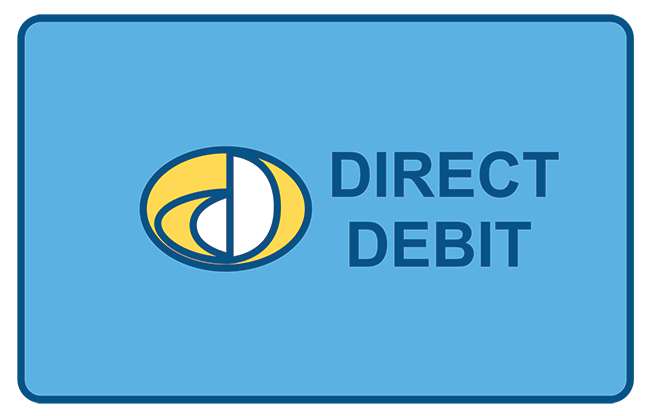
Once you’ve decided to embrace the convenience of using them, you can ramp up their efficiency even further by collecting those payments by Direct Debit.
Whether you set up an in-house scheme or partner with a Direct Debit bureau, offering your customers the option to sign up to paying this way will further streamline operations.
Customers can sign up to your payment plan via a Direct Debit Instruction which forms an agreement between you and them to collect a set amount on specific dates. It’s a reliable, convenient and secure way to collect the recurring payments requested by your invoices.
In addition to all the benefits discussed above, Direct Debit comes with even more impressive features:
- Increased reliability: Direct Debit payments come directly from a clients’ bank account. Unlike credit cards which expire and can be stolen or lost, bank details rarely change meaner fewer failed payments.
- Ultimate flexibility: you can change the amount requested to meet your business needs, provided you give advance notice.
- Professional partners: join forces with a specialist bureau like FastPay and you’ll be outsourcing all the day-to-day management of your scheme.
- Transparent reporting: you’ll get daily updates about the status of all Direct Debit payments allowing you to quickly address any issues.
Recurring Invoices and the Prompt Payment Code
Payment terms are an important part of all invoice templates, whether they’re recurring or not. It’s worthwhile to sign up to the Prompt Payment Code and mention this on your invoices.
The Prompt Payment Code is designed to bring about cultural change within payment practices with signatories committed to:
- Paying suppliers on time.
- Giving clear guidance on payment procedures to suppliers.
- Encouraging good practice by persuading others to sign up to the code.
- Undertaking to pay suppliers within a maximum of 60 days and working towards adopting 30 days as the norm.
Once approved by the Chartered Institute of Credit Management who oversee the scheme, you can use the Prompt Payment Code logo on your documentation. Your customers will then see that you’re serious about good payment practice and will hopefully be encouraged to share your values.
If your business lends itself to collecting regular payments from loyal clients, recurring invoices are the most convenient, time-saving and efficient way to do this. Introduce them to your financial processes and you’ll soon be enjoying smooth cashflow, less admin and contented customers.
